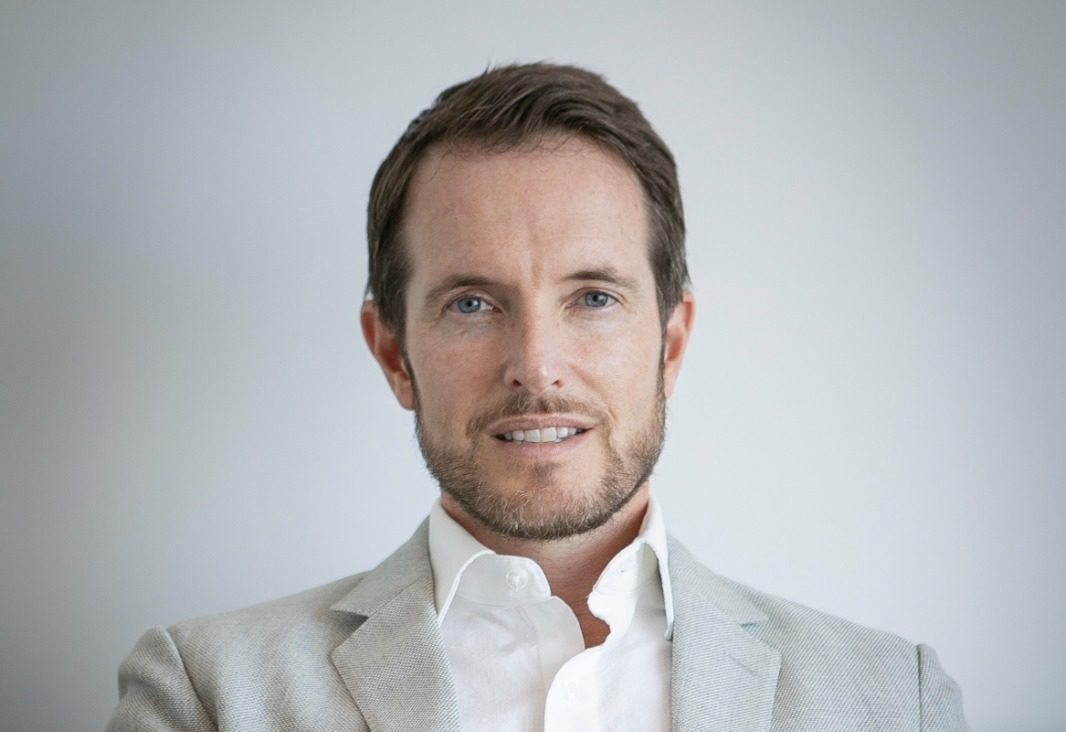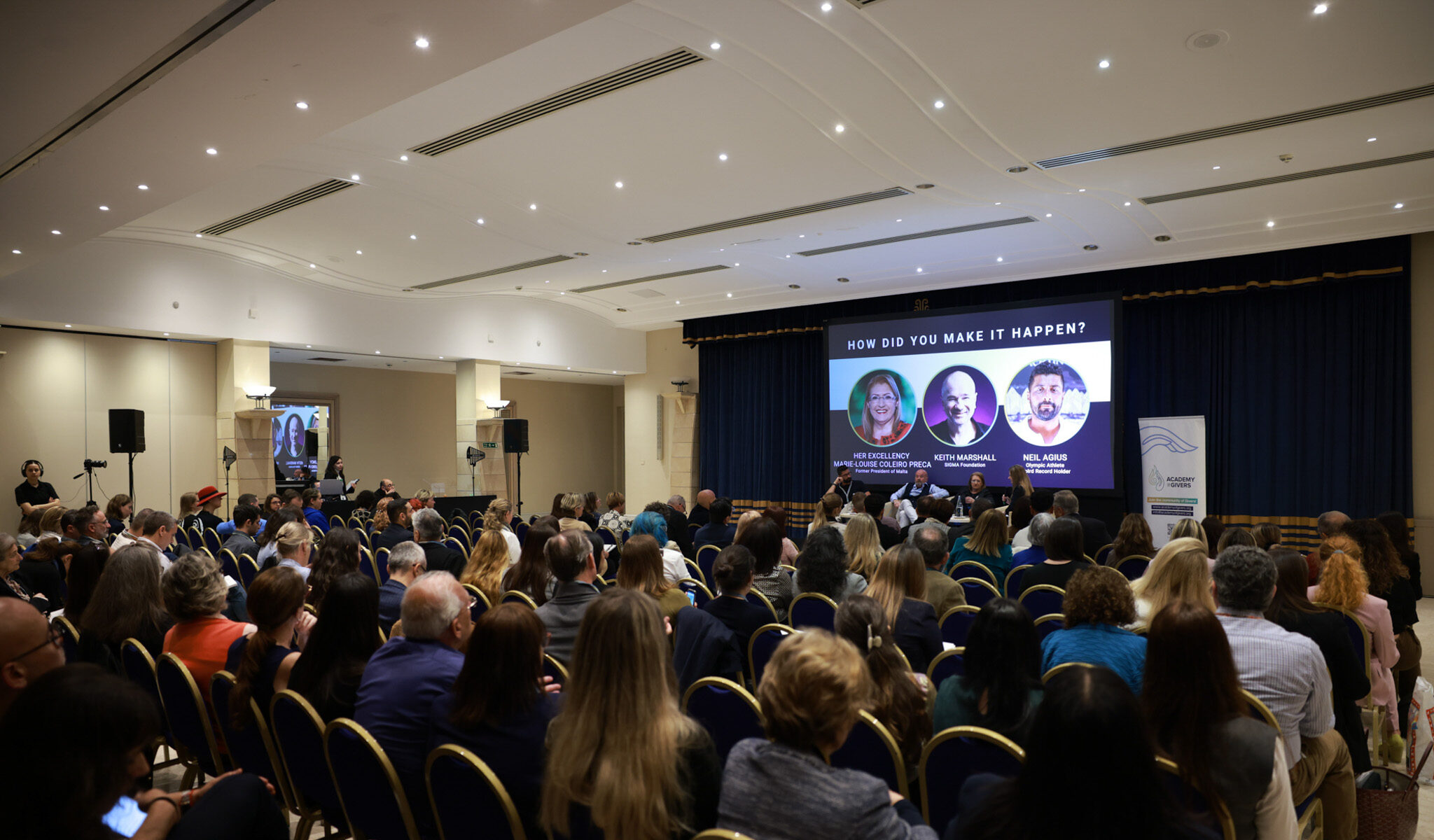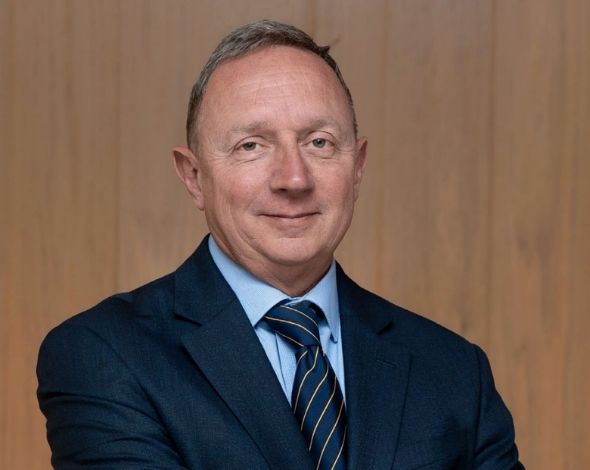Remote work took the business world by storm in the wake of the COVID-19 pandemic, shifting the way companies operated across the globe. Now, many American CEOs are predicting a return to traditional office environments.
According to a recent study by KPMG, 79 per cent of the interviewed American CEOs believe remote work will be a thing of the past within the next three years. The growing sentiment that in-office presence is essential for company culture and productivity seems to be gaining ground, especially among top executives.
The debate around remote work’s future
For some, remote work remains a vital tool for attracting top talent and offering employee flexibility. However, many CEOs cite challenges with maintaining team cohesion and company culture as reasons to revert to in-office operations. Furthermore, concerns about productivity, collaboration, and innovation have been raised as reasons why the remote trend might have a limited future.
It seems that while many workers have embraced the flexibility of working from home, employers are increasingly eager to regain control over their teams’ day-to-day work environments.
The Malta perspective
Remote work has also seen a surge in Malta, particularly among tech companies and international businesses.
During the pandemic, many local firms shifted to remote models, with some continuing to offer hybrid setups to accommodate employees’ preferences.
Nearly 40 per cent of employees in Malta had the opportunity to work remotely during the pandemic.
Social partners in Malta generally agree that where remote working is possible, a hybrid, rather than a full remote arrangement, is preferable.
Working remotely during the pandemic however has been shown to be taxing on some workers’ health, as found by Luke Anthony Fiorini in his 2022 study.
In terms of the difficulty some workers find in drawing borders between work and leisure time, legislation in terms of the right to disconnect has been spearheaded at an EU level by Maltese MEP Alex Agius Saliba during the pandemic, and talks are still ongoing.
During 2021, unions such as the General Workers’ Union (GWU) spoke out in favour of introducing ‘right to disconnect’ legislation and encouraged social partners to discuss the topic.
This however was not welcomed by employer associations including the Malta Chamber, and the Malta Business Bureau (MBB), which felt that working time regulations were already sufficient and instead encouraged an approach where dialogue between individual employers and employees took place rather than the introduction of more legislation.
Right to disconnect legislation are not in effect yet, however examples of right to disconnect practices surfaced within Maltese workplaces, most notably within policy for public sector workers.
As the debate continues, Malta’s future of remote work may depend on several factors, including company size, industry, and employee demand. Startups and international companies may continue to embrace flexible working models, but larger corporations might shift back to more traditional office settings.
What’s next?
For CEOs in Malta, the question remains: how to strike the right balance? While remote work offers benefits in flexibility and global talent acquisition, the potential loss of company culture, engagement, and productivity is a significant concern.
As we move into the future, it will be interesting to see whether Malta’s workforce follows the global trend predicted by 79 per cent of American CEOs—or if it carves out its own unique path, blending flexibility with in-office collaboration.
HSBC Bank Malta CEO on CrediaBank takeover: ‘Committed to a smooth and orderly process’
The CEO placed the emphasis on continuity and stability as the bank navigates the proposed takeover process.
Academy of Givers to host fifth Annual Conference and Impact Fair in March
The event will answer how usinesses, NGOs, philanthropists and institutions can work together to strengthen Malta’s social and environmental resilience.
Malita Investments’ Chief Operations Officer resigns
Amanda Desira was named COO of the listed company in August 2024.
AX Group CEO says 70% of Verdala Terraces already sold
Michael Warrington says the quick demand for these properties reflects the high standards of the development.









